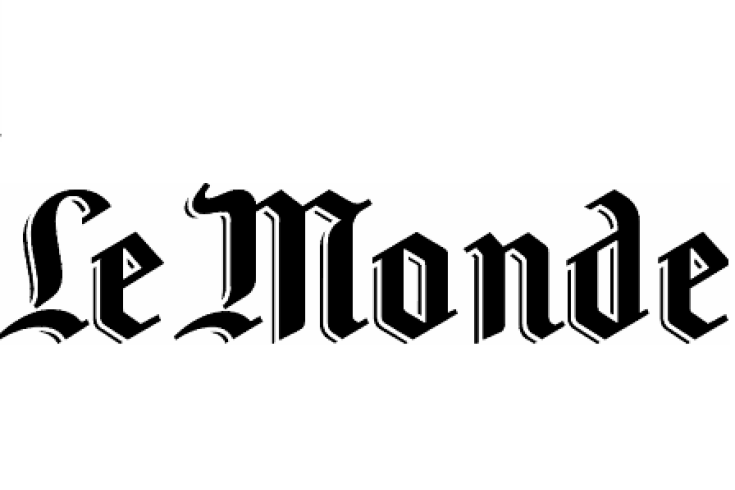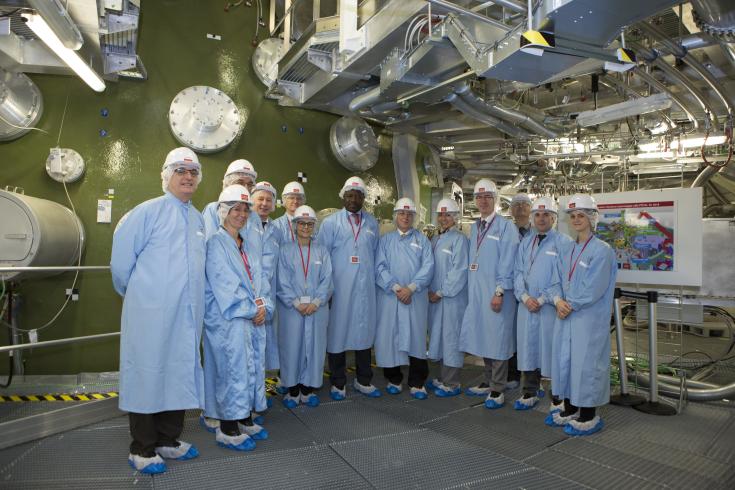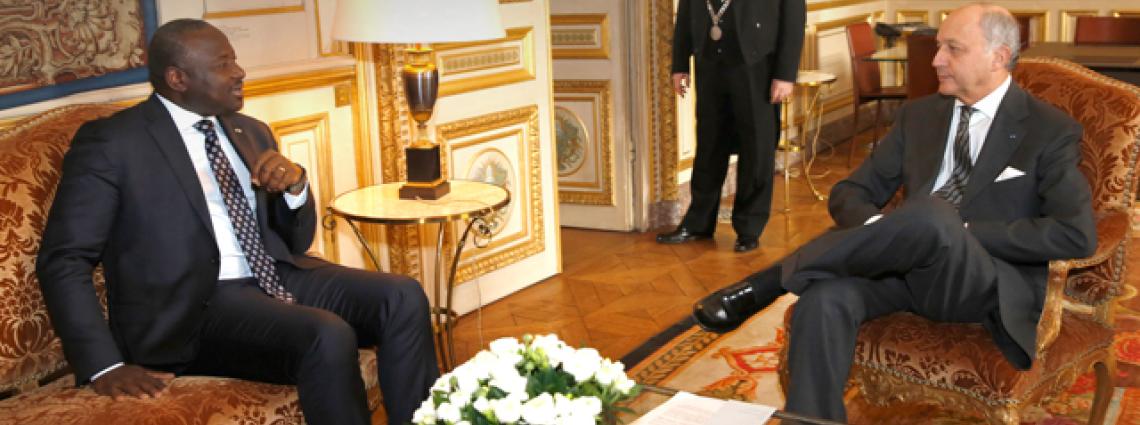France reconfirms strong support for the CTBT
Recalling President François Hollande's speech at the Istres airbase in February 2015, where he described the CTBT’s entry into force as the country’s “first priority” in the field of nuclear disarmament, Fabius and Zerbo discussed ideas to advance the Treaty’s entry into force by seizing the opportunities offered by recent successes of multilateral diplomacy, such as the recently implemented Joint Plan of Action on Iran’s nuclear programme and the climate change conference COP21.
2015 was the year of the “Nuclear Deal”, 2016 is the year of “the CTBT”.
In this context and on the occasion of the CTBT's 20th anniversary, ?Zerbo encouraged Fabius to exercise France's leadership and to work with partners for identifying a roadmap with concrete steps to progress towards entry into force. They also addressed the high-level ministerial event planned for June 2016 in Vienna as an ideal venue to bring together all Annex 2 non-ratifying States and engage with them in a discussion.

Click for opinion article by Executive Secretary Lassina Zerbo in Le Monde (in French): "Let's make haste in bringing the Comprehensive Nuclear-Test-Ban Treaty (CTBT) into force."
Setting up a high level forum to engage with other Annex 2 States to progress the CTBT at its 20th anniversary is an ambitious and good idea. The success of the COP21 should be contagious.
Discussion at the Fondation pour la Recherche Stratégique
At the Paris-based think tank Fondation pour la Recherche Stratégique (FRS) [Foundation for Strategic Research], Zerbo discussed with journalists, civil society representatives and government representatives about the CTBT’s status, its verification system and the risk of “treaty fatigue” if action is not taken soon.
A legally binding and enforceable CTBT is the sole almost universally accepted, non-discriminatory instrument to advance the cause of nuclear non-proliferation and eventual nuclear disarmament. The discussion further addressed the geopolitical circumstances of the eight remaining non-ratifying Annex 2 States, the prospect for their ratification and/or signature and how France, Europe and partners could contribute to raising the CTBT’s profile and to supporting initiatives that will build confidence among those States.
Talks at the Ministry of Defence
Meeting with the French Atomic Energy Commission CEA
Beyond provision of scientific and technical expertise to the activities of the organization, this cooperation has been very active on the development of various components of the verification system ranging from infrasound sensors, radionuclide detectors, radioxenon background measurements, performance models, data processing software to the installation and operation of International Monitoring System (IMS) stations and capacity building. Zerbo also visited the Megajoule Laser facility.

Executive Secretary Lassina Zerbo (centre) at CESTA
Background
More on France’s cooperation with the CTBTO.
4 Feb 2016
